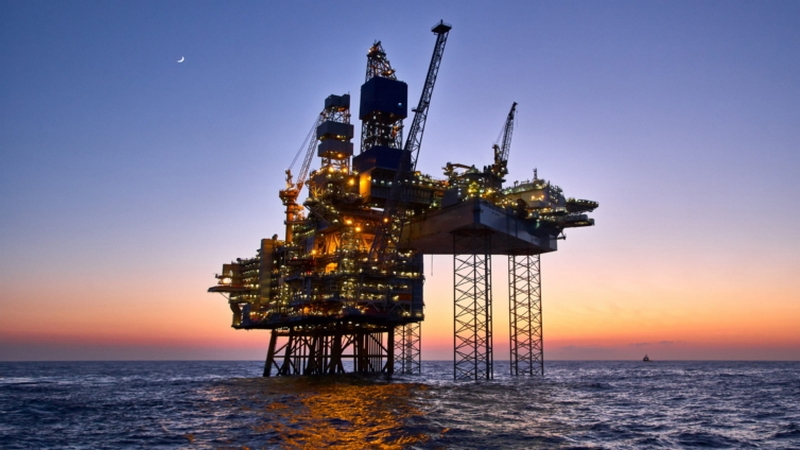Rising geopolitical tensions in the Middle East could result in a surge in fuel prices for Ghanaians during the first pricing window of July, the Chamber of Petroleum Consumers (COPEC) has warned.
The ongoing conflict between Iran and Israel, compounded by recent U.S. airstrikes on Iranian nuclear sites, poses a significant risk to global oil supplies. COPEC highlighted the possibility of Iran closing the critical Strait of Hormuz, through which 20% of the world’s oil and gas flows, potentially disrupting supply chains and causing price volatility.
Speaking to Citi Business News, Duncan Amoah, COPEC’s Executive Secretary, cautioned consumers to prepare for potential price hikes.
“This week could see significant changes in global fuel pricing, and Ghana will not be immune. The heightened risks for fuel transport through the Strait of Hormuz may push Bulk Distribution Companies (BDCs) to adjust prices upward, which will inevitably trickle down to Oil Marketing Companies (OMCs),” he said.
Mr. Amoah added that the impact of rising crude oil prices could be felt within five to seven days, meaning upward adjustments in fuel prices are highly likely.
While he commended the government’s decision to suspend the proposed GH¢1 levy under the Energy Sector Shortfall and Debt Repayment Levy (ESSDRL), he also urged authorities to accelerate efforts to bring the Tema Oil Refinery (TOR) back to full operations. TOR management has indicated plans to resume full-scale activities by October 2025.
Duncan Amoah emphasized the need for proactive measures to cushion Ghanaians against potential fuel price hikes, urging policymakers to monitor global developments closely and strategize to mitigate the impact.
















